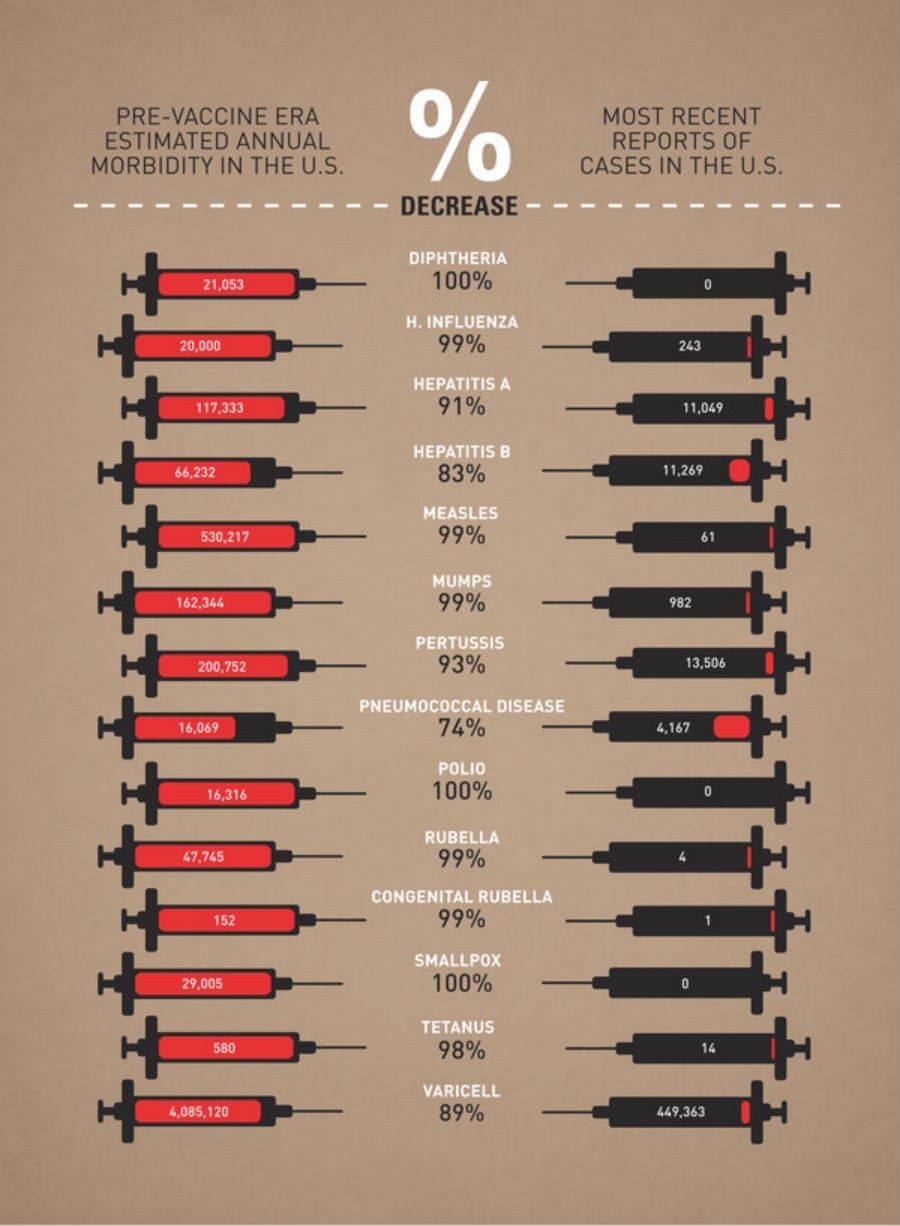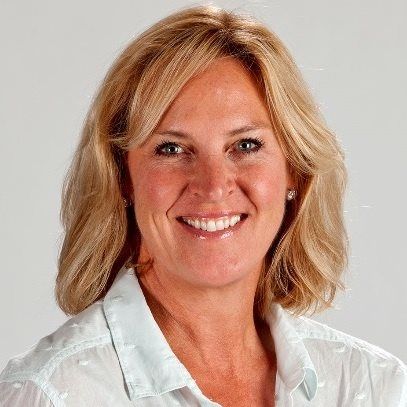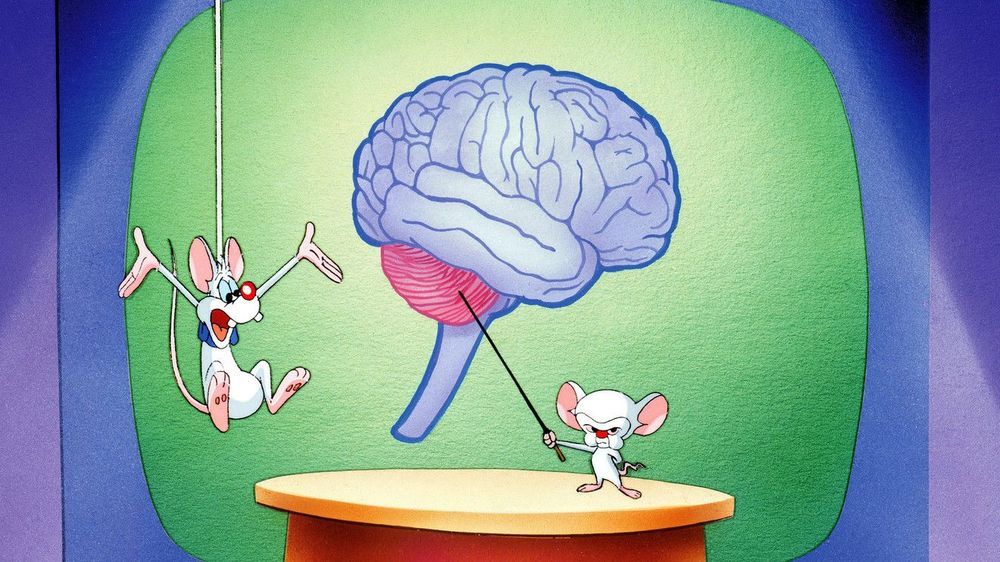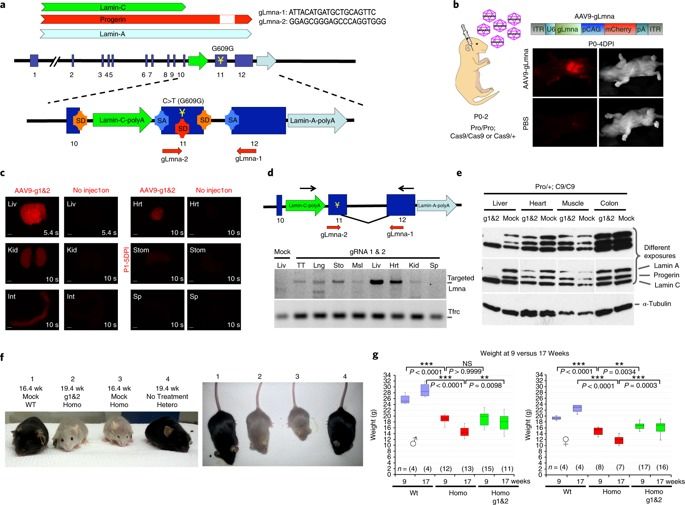Researchers at the Salk Institute have moved a step closer to a possible therapy for Hutchinson-Gilford progeria syndrome, a rare genetic disorder that is often described as accelerated aging, as people with it appear to age far faster than normal. Using a new CRISPR/Cas9 gene therapy in a mouse model, they were able to slow down the pace of the condition, improve health, and increase lifespan.
What is Hutchinson-Gilford progeria?
Progeria is a degenerative disorder caused by a mutation in the LMNA gene. This disease has an early onset and progresses rapidly, and animals and humans with progeria show symptoms that are similar to regular aging, only on a much-accelerated timescale, giving them drastically shorter lifespans than normal. Humans with this condition rarely live very long, with the average being only 13 years old.









